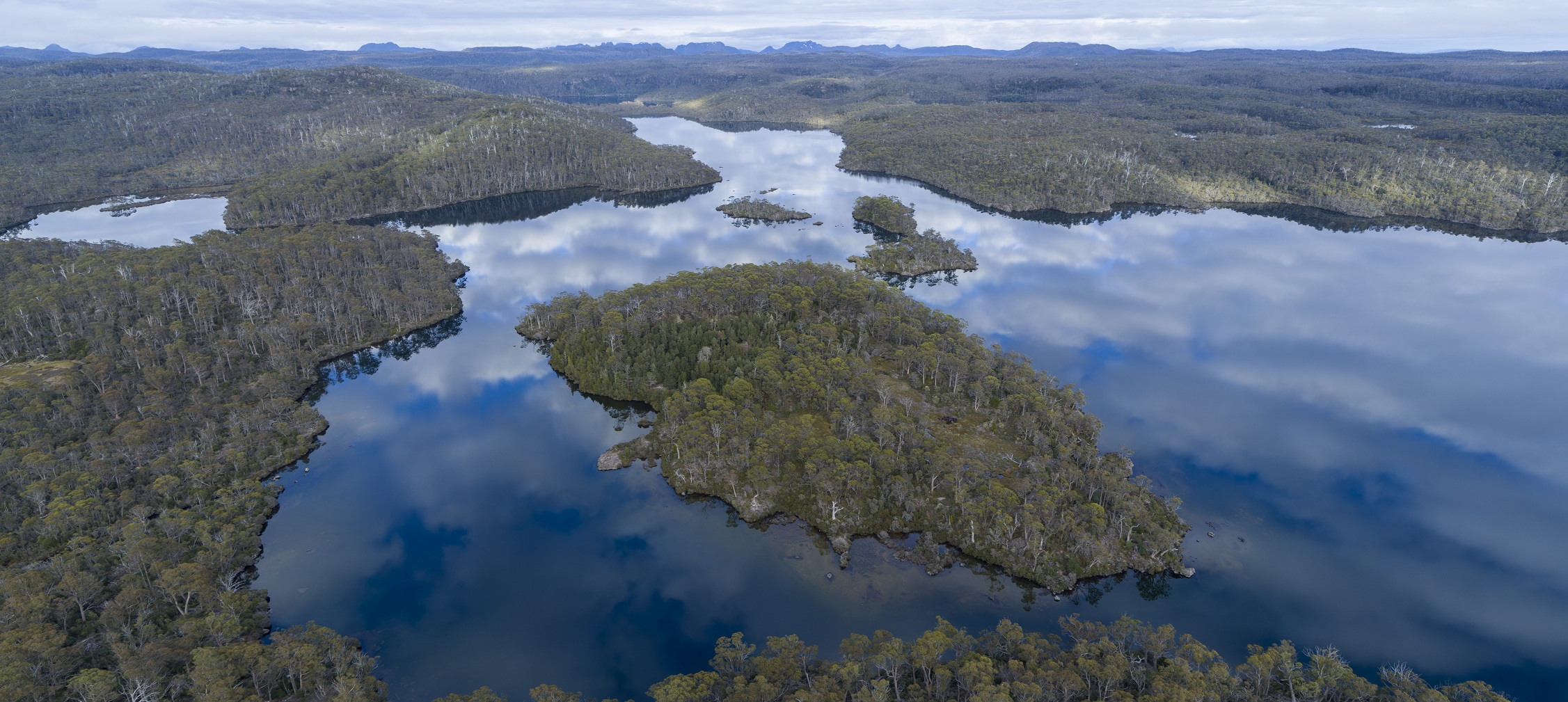Media Releases - 27 March 2019
Federal Court Hears Defence of Wilderness

Yesterday, the Federal Court heard the Wilderness Society Tasmania’s application seeking to overturn the Federal Government’s decision not to subject the Lake Malbena helicopter tourism proposal to a detailed environmental impact assessment under the Federal environmental law.
Represented by barrister Emrys Nekvapil and EDO Tasmania, the Wilderness Society Tasmania argued that the delegate of Minister for the Environment failed to properly apply the law in determining that the proposal would not have a significant impact on the Tasmanian Wilderness World Heritage Area (TWWHA) and did not require detailed assessment by the Federal Department of Environment and Energy.
The Wilderness Society Tasmania argued that, in determining the significance of the proposal’s impacts on one of the last wilderness areas left on earth, the Minister’s delegate should not have:
- relied upon the Tasmanian Parks and Wildlife Service’s Reserve Activity Assessment (RAA) of the proposed development;
- taken into account rubbery RAA conditions imposed on the development; or
- taken into account the proponent’s voluntary 'mitigation' measures.
The Wilderness Society Tasmania further argued that the Minister’s delegate should have considered the impacts of Stage Two of the proposal, involving proposed walks to Aboriginal cultural heritage sites and within the Wilderness Zone, in arriving at his decision.
The Federal Court's decision on the Wilderness Society Tasmania’s application could be some months away.
In the meantime, the Wilderness Society Tasmania will help defend the Central Highland Council's decision to refuse a planning permit for the Lake Malbena development. The Wilderness Society Tasmania has joined the Tasmanian National Parks Association and a number of individuals in opposing the developer’s appeal of the permit refusal to the Resource Management and Planning Appeal Tribunal (RMPAT). We will again be represented by EDO Tasmania in this appeal, which is likely to be heard by RMPAT in late May 2019.
The Wilderness Society Tasmania remains committed to stopping inappropriate and unsustainable tourism developments into the TWWHA. The use of public parks and reserves for private profit is an insidious trend not just in Tasmania, but across Australia and the rest of the world.
The Tasmanian Government should facilitate a more sustainable tourism industry through the introduction of transparent assessments of new tourism proposals within Tasmania's reserves against clear, outcome-focused criteria under a legal framework that involves proper public consultation and rights of appeal.
With wilderness, habitat and species in decline worldwide, we cannot afford to treat the best-of-the-best Wilderness World Heritage Area so cheaply.